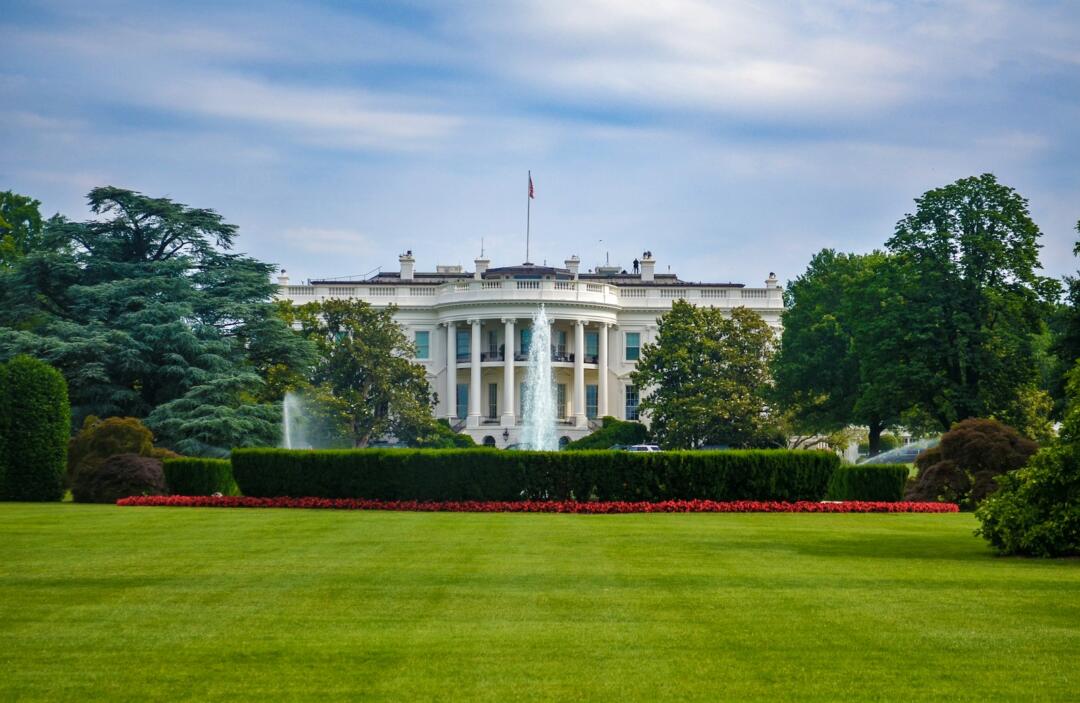
Don’t Fertilize Your Weed with Bat Poop
Fertilization is a critical step for growing healthy marijuana plants.
They help provide essential nutrients for marijuana in various stages of growth, while promoting plant growth. There are dozens of different fertilizers to choose from in the market; growers can choose based on budget, nutrients needed, location, season, and much more. But not all fertilizers are made equally – of course, some are of better quality than others.
That said, there are some rather unusual fertilizers that can be used on plants. These may include, but are not limited to: coffee, milk, grass clippings, banana peels, fish tank water, potato water, and even urine! Yes, it does sound strange, but to gardening enthusiasts, there is nutritional value to be found in each of these things, which can make them suitable fertilizers depending on the circumstances.
For example, grass clippings make excellent mulch and can provide potassium, nitrogen, and phosphorus. Urine is a potent source of nitrogen as well as phosphorus. Banana peels are rich in calcium, which is excellent for promoting root growth while helping supply oxygen to the soil.
But what about bat poop? Also known as guano, bat poop has been said to work as a plant fertilizer because it’s rich in nitrogen, potassium, phosphorus, and other nutrients. Unfortunately, using bat poop as a plant fertilizer can also be dangerous. So if you don’t really know what you are doing, bat poop as a fertilizer can be extremely risky.
Bat Poop Fertilizer Kills 2 NY Men
On December 2024, news of two men hailing from Rochester, New York, dying went viral.
The cause of death was dangerous fungus, in the bat poop that they were using to fertilize their marijuana plants. Both men grew their own marijuana plants for medical consumption, but unfortunately developed histoplasmosis after breathing toxic fungal spores from the guano.
One of the men was aged 59 years old; he bought bat poop online to use as fertilizer for his plants. Meanwhile, the other was a 64-year-old male who found guano in his attic, then decided to use it to fertilize his cannabis plants. They both developed similar symptoms, including chronic coughs, fever, severe weight loss, and respiratory failure. The case was also discussed in the Open Forum Infectious Diseases medical journal.
Is there a safe way to use bat poop as fertilizer? If you ask me, I truly can’t understand why one would use guano as fertilizer when there are so many other proven safe alternatives out there that are simply not as risky. According to the University of Washington, one must always wear a dust mask each time you open a bag containing soil amendments. That’s because a mask will greatly decrease the chances of breathing in fungal spores, which could be potentially dangerous. They also go on to explain that yes, guano is indeed used as fertilizer for its valuable nitrogen content but it still isn’t without its own risks, particularly of developing Histoplasma – the same condition that killed the two men.
Make Your Own Safe Fertilizers At Home
There are many other safe, affordable – and even free – fertilizers you can feed your marijuana plants with. It doesn’t have to cost a fortune nor does it have to be risky to your health.
Check out these easy, low-cost, DIY fertilizers for weed:
-
Coffee grounds are abundant in nitrogen, which makes it perfect for the vegetative stage of marijuana plants. They are also a fantastic source of organic materials and green waste, which contain other vital nutrients. When the coffee grounds decompose, they create soil aggregates that improve soil aeration and its water retention capabilities.
Mix around 2 grams of coffee ground for every liter of soil. Measuring its pH levels is also helpful, since you want it to be between 6 to 6.5
-
Crushed eggshells are a great way to ensure no eggshells go to waste. It’s rich in calcium plus other minerals that are effective in improving overall plant structure, health, and growth. In fact, so many gardeners and farmers commonly use crushed eggshells to help boost plant growth – and it will work just as well for marijuana plants.
They’re really easy to use, too! Just mix eggshells into the soil, or steep them into water then pour into the soil for a calcium-packed feed.
-
Banana tea or water is rich in potassium and magnesium, making it perfect as a feed during the marijuana plant’s flowering stage. You can use banana peels differently: with 3 to 5 banana peels, soak it in water for 2 days. Then you can use the water on your plants, and even leave the banana peels as compost for your garden.
-
Wood ash from your fireplace or other sources is a great source of phosphorus and potassium. Simply sprinkle some wood ash over marijuana during the final flower phase. Just use 1 or 2 grams of ash for every liter of substrate. Be careful not to use too much wood ash, or it can make the soil too alkaline.
-
Animal manure, such as those from cows, rabbits, or horses, make excellent organic fertilizers. Just be sure that they’re composed properly so that you avoid introducing weed seeds, or pathogens.
These low-cost fertilizers are also natural and effective. There’s no reason for you to turn to bat poop as fertilizer, even if you’re in a bind.
Conclusion
Guano or bat poop is a poor choice of fertilizer if you don’t know what you are doing. It’s risky and potentially dangerous – just not worth it. Instead, fertilize your marijuana plants with these options mentioned.
BEST POOP FOR CANNABIS PLANTS, KEEP READING…

WHAT IS THE BEST POOP FOR USING ON CANNABIS PLANTS?


 Cannabis News2 years ago
Cannabis News2 years ago
 One-Hit Wonders2 years ago
One-Hit Wonders2 years ago
 Cannabis 1012 years ago
Cannabis 1012 years ago
 drug testing1 year ago
drug testing1 year ago
 Education2 years ago
Education2 years ago
 Cannabis2 years ago
Cannabis2 years ago
 Marijuana Business Daily2 years ago
Marijuana Business Daily2 years ago
 California2 years ago
California2 years ago



























